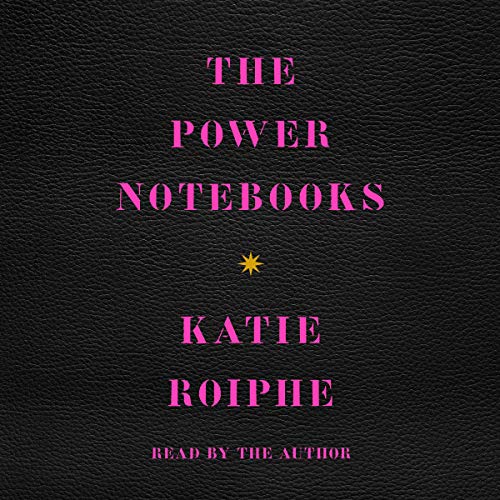

the form power takes on the page, is a fiction. Throughout, she addresses the disconnect between her public and private selves, admitting, “authority. would recognize me.” Accounts of other dysfunctional relationships-the 35-year-old divorced rabbi who seduced her at 15-are clinically conveyed. Inside their apartment, his shouting is heard by neighbors and terrifies their child, yet she remains “quiet, still, vacating,” confessing “not a single friend. In a pivotal scene, Roiphe is forced to walk home when her abusive husband, enraged by their crying infant, kicks mother and baby out of his car.

Using personal experience as her template, Roiphe layers episodes of her own “confusion, self-contempt, conflict” with those of women writers Simone de Beauvoir, Sylvia Plath, Mary McCarthy, and Edith Wharton. Roiphe ( The Violet Hour) circles “a subject I keep coming back to: women strong in public, weak in private,” in this bright and dynamic collection of shorts that she wrote “during a time of upheaval” encompassing pregnancy, divorce, sexual entanglements, and single motherhood.


 0 kommentar(er)
0 kommentar(er)
